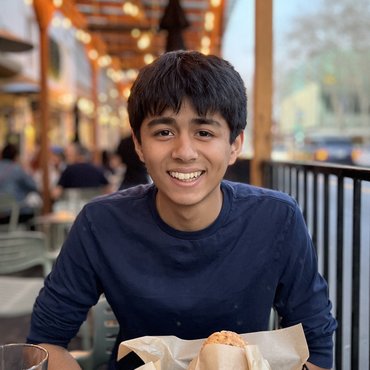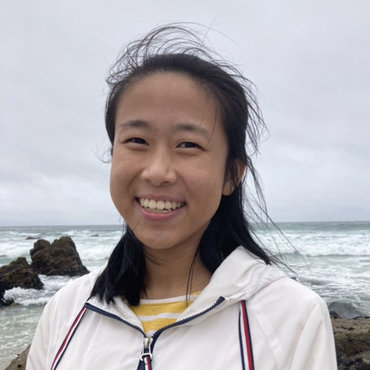
Kyle Van Rensselaer, '19, MA '20
The Global and Local Conversations About Agricultural Conservation

What happens when you pave over a garden? The consequences are fairly small. How about when unchecked urban development paves over tracts of fertile agricultural land?
In a state like California, a major breadbasket for the United States, such changes can threaten food security, land conservation, and farmer welfare. These are pressing issues that the California Department of Conservation's Division of Land Resource Protection (DLRP) is aware of, and that I was able to help tackle during my Cardinal Quarter in summer 2018.
During my time as a fellow, one of my major assignments was a research project looking into unique agricultural policies in other countries, namely the Netherlands and Israel. My research contributed to a longer white paper that was presented at a UC Davis symposium on climate change in September 2018, which was itself affiliated with the well-known Global Climate Action Summit in San Francisco.
The white paper discussed Californian agriculture broadly and paid particular attention to agricultural conservation in the face of climate change. The Netherlands and Israel, as I discovered through my research, are notable because they prioritize agricultural productivity and sustainability in their legal and economic structures, albeit in much different ways.
Despite having a high population density, the Netherlands has an incredibly efficient agricultural sector that invests in innovative practices such as urban rooftop gardens, large-scale greenhouses, and public engagement with sustainable farming. Israel, on the other hand, caught our attention because 93 percent of its agricultural lands are owned and leased out by the central government, creating an interesting dynamic between free-market impulses and traditional conceptions of how national land should be used.
Although reading about these international programs was fascinating in itself, my team and I were most interested in how the policy prescriptions in the Netherlands and Israel could be applied to California law.
In particular, DLRP is interested in expanding and improving its conservation easement program. This program is designed to promote agricultural conservation by bringing farm owners, land trusts, and the California state government together to protect private farmland from development into perpetuity. I was lucky to visit some of the farms that have signed conservation easement contracts and are therefore committed to conservation efforts on their own properties. These visits were a great learning experience because I was able to see how the Department of Conservation builds dialogue with key stakeholders: the farmers who keep California's agriculture sector alive and running.
The partnership between DLRP and private landowners gave me insights about community engagement and cultivation. Despite political divides, the government and its stakeholders can find common ground and achieve mutually beneficial outcomes.
In particular, many farmers in California support the Republican Party and, as such, tend to be more skeptical of the environmental policies that lawmakers in Sacramento actively pursue. However, DLRP's conservation easement program has generated buy-in among these farmers because all parties agree on the relevance of supporting agriculture in the long-term.
My research project seemed more relevant when considered alongside these takeaways from the field: while public ownership of farmland, as in Israel, would be a hard sell in the United States, the targeted investments into agricultural sustainability such as those that the Netherlands makes are much more palatable for farmers in the Californian Central Valley. Witnessing DLRP's role as mediator between lofty policy goals and actual hands-on implementation of farmland conservation was an opportunity to see how the government can bring together diverse stakeholders, and even unusual allies, to preserve a way of life for generations.


